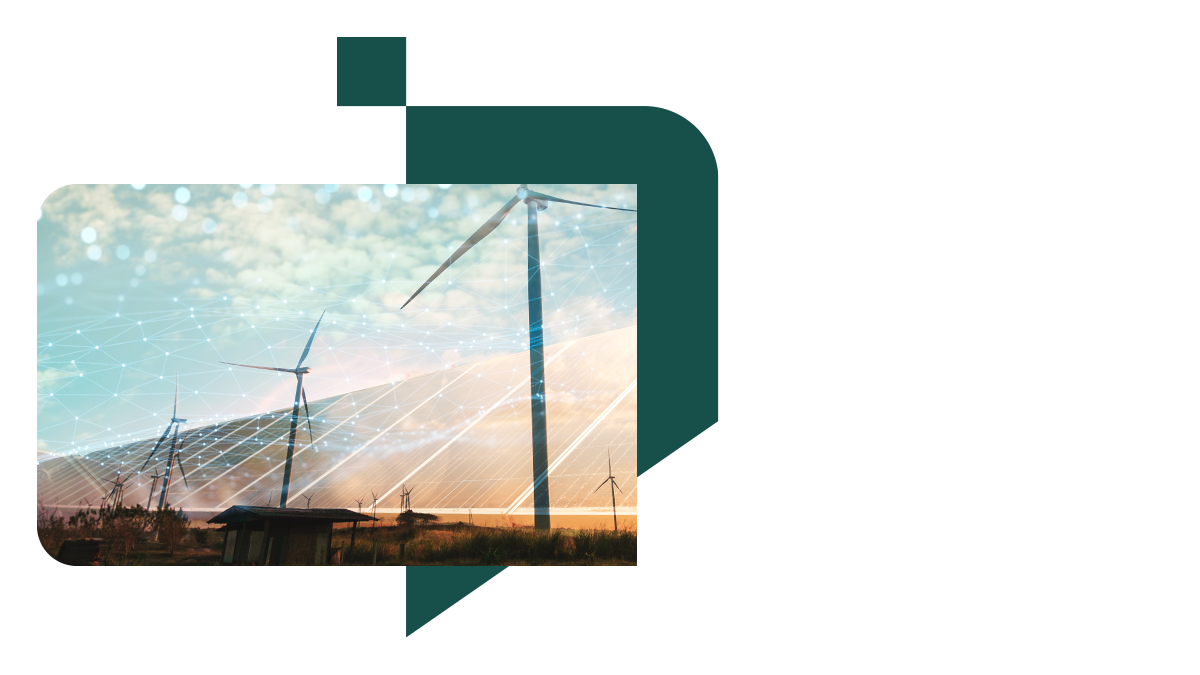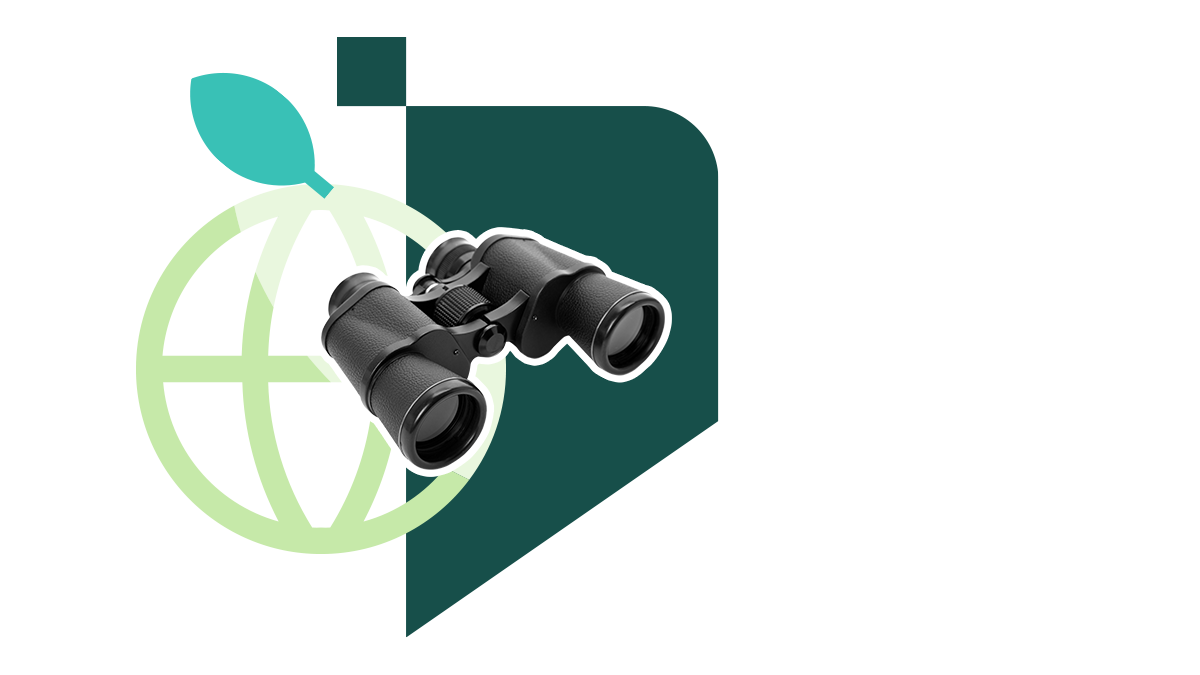
Effortlessly comply with mandatory TCFD disclosure using TCFD Software
Simplify your organisation's alignment with the Task Force on Climate-related Financial Disclosures (TCFD) framework, using our award-winning TCFD software powered by Ecometrica.
What makes our TCFD software, powered by Ecometrica, so special? Our reporting tool can combine data specific to your organisation’s location to automatically analyse all climate risks, as well as provide and calculate GHG accounting (including your Scope 1, 2, and 3 emissions) to make sure you comply with all TCFD disclosure requirements.

Where to begin with TCFD reporting?
Keeping track of all four TCFD pillar requirements and having the right systems in place to collect the data you need is a challenge. Not only do you need a deep understanding of Scope 1, 2, and 3 emissions and how to calculate them, but you also need to understand which TCFD climate risks to focus on according to your industry sector and geography.
Introducing You to Our TCFD Software, Powered by Ecometrica
With our TCFD reporting software, you can make sure everything is accounted for with the help of our robust platform and a sustainability expert to guide you along the way!

- Builds a solid foundation with the help of expert support
- Centralises all data in one platform
- Calculates Scope 1, 2, and 3 emissions with ease
- Identifies climate risks based on your location
- Provides clear results that are audit ready
How our TCFD reporting tool works
It’s time to say goodbye to time-consuming manual spreadsheets, and hello to a digital TCFD reporting solution.
Simplify data collection that is applicable to the TCFD framework

Automatically apply emissions factors and physical climate risk scenarios

Implement best practices with the help of an expert to ensure reporting across multiple frameworks is robust, accurate and audit ready

Gain greater clarity into your organisation’s impact on the planet
Strengthen Your Sustainability Performance with Deeper Insight
Assess various climate scenarios at the same time to gain greater insight into possible outcomes in the future and how they could affect your business.
Complete your Scope 1, 2, and 3 emissions with ease using our comprehensive emissions factor database and automated calculations.
Connect data points across all Environmental, Social, and Governance frameworks, including climate risks.
Understand the effects of physical risks in terms of heat extremes, drought, flooding, and the rise of sea levels on your organisation or supply chain and how to manage them.
“A global environmental platform enables PageGroup to capture environmental data from across the business in a way that requires fewer manual checks, reminders and spreadsheets in the process. The data input will allow us to enhance our external environmental reporting as well as to provide vital insight to our business.”
Joanna Bonnett, Head of Sustainability, PageGroup plc.
Frequently asked questions
What is the TCFD?
What is TCFD reporting?
What are the TCFD pillars?
There are four TCFD pillars: Governance, Strategy, Risk Management, and Metrics and Targets.
Governance: Under the governance pillar, organisations must explain the role of leaders and management when it comes to analysing and managing climate-related risks and opportunities.
Strategy: Here, all climate-related risks and opportunities must be identified and their impact on the organisation, in terms of future plans and finances, must be explained.
Risk Management: The organisation must explain how they will manage the climate-related risks identified and their methods for aligning them with the company’s risk management procedures.
Metrics and Targets: Under this pillar, organisations must reveal their GHG emissions values and what metrics and targets were used to analyse the climate-related risks and opportunities.
Is the TCFD mandatory in the UK?
What are greenhouse gases (GHG)?
What are Scope 1, 2, and 3 emissions?
Greenhouse gas reporting includes your Scope 1, 2, and 3 emissions.
Scope 1 emissions are direct emissions from areas under your company’s control. This includes fuel used for office heating or energy needed to create equipment.
Scope 2 emissions are indirect emissions created from the generation of electricity, heat or cooling.
Scope 3 emissions are all other indirect emissions which include employee commuting, business travel, and waste disposal to name a few.
Ready to simplify your TCFD disclosures?
Speak with one of our in-house sustainability experts today and discover how we can help simplify your TCFD disclosure processes, allowing you to stay compliant with reporting requirements.
Get your questions answered

Trusted by 10,000+ customers worldwide
With the knowledge from 90 different industries we have developed our platform to make sure it tailors to your needs.
Don't take our word for it.




Save even more time when you bundle your EHS solutions
Practice the best chemical safety and compliance with a cloud-based platform your employees can use from anywhere.
Reduce time-consuming health and safety training paperwork with a customisable digital learning platform.
Make better decisions faster with flexible modules that give you the exact information you need when you need it.



